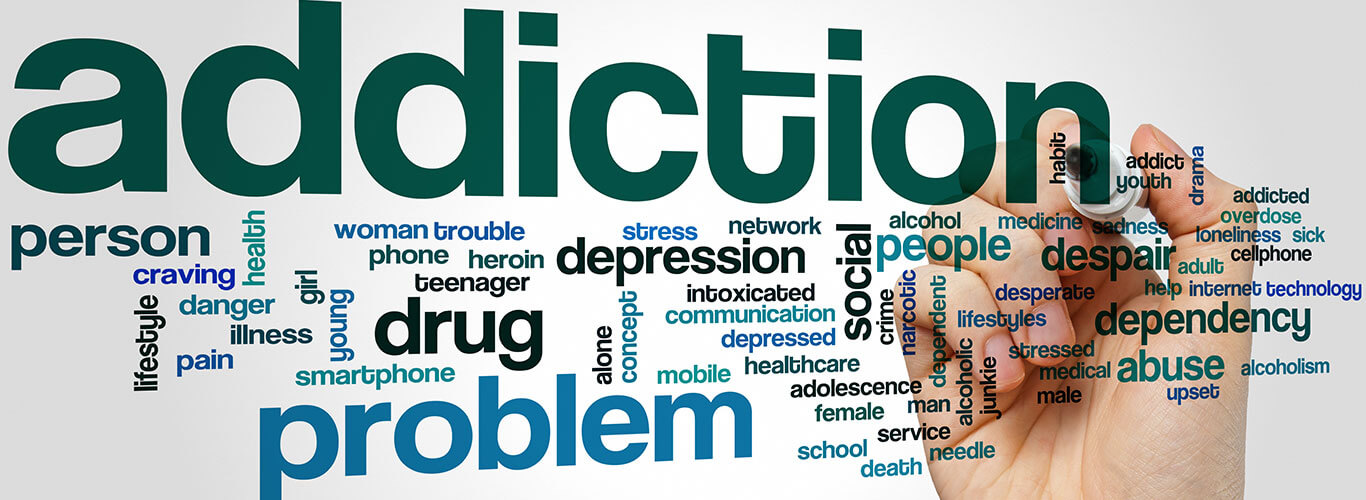Introduction
High blood pressure, or hypertension, is a common condition that affects millions of people worldwide. It occurs when the force of blood against the artery walls is consistently too high, putting extra strain on the cardiovascular system. Uncontrolled high blood pressure can lead to serious health complications, including heart disease, stroke, and kidney problems. In this blog, we will discuss the significance of managing high blood pressure and explore various strategies, including the potential benefits of acupressure points as a complementary approach.
Understanding High Blood Pressure
High blood pressure is often referred to as the “silent killer” because it typically has no noticeable symptoms. This is why it is crucial to have your blood pressure checked regularly, especially if you have risk factors such as a family history of hypertension, obesity, or a sedentary lifestyle. Untreated high blood pressure can damage blood vessels and organs over time, increasing the risk of serious health issues.
Effective Strategies for Managing High Blood Pressure
Healthy Diet
Adopting a heart-healthy diet is essential for managing high blood pressure. Focus on consuming whole foods, including fruits, vegetables, whole grains, lean proteins, and low-fat dairy products. Reduce sodium intake by limiting processed and packaged foods, and opt for fresh ingredients when cooking. Incorporate foods rich in potassium, such as bananas, spinach, and avocados, as they can help balance sodium levels and lower blood pressure.
Regular Exercise
Engaging in regular physical activity is beneficial for both preventing and managing high blood pressure. Aim for at least 150 minutes of moderate-intensity aerobic exercise or 75 minutes of vigorous-intensity exercise per week. Activities like brisk walking, cycling, swimming, or dancing can help strengthen the heart and improve overall cardiovascular health. Consult with your healthcare provider before starting an exercise program, especially if you have existing health conditions.
Stress Management
Chronic stress can contribute to high blood pressure. Incorporating stress management techniques into your daily routine can help reduce its impact. Explore relaxation techniques such as deep breathing exercises, meditation, yoga, or engaging in hobbies and activities that bring you joy. Prioritizing self-care and finding healthy outlets for stress can have a positive effect on your blood pressure levels.
Limit Alcohol Consumption
Excessive alcohol consumption can raise blood pressure and negatively affect overall health. If you drink alcohol, do so in moderation. The American Heart Association recommends a limit of up to one drink per day for women and up to two drinks per day for men. However, it’s important to consult with your healthcare provider, as they may recommend further limitations or complete abstinence based on your specific health circumstances.
Acupressure Points for High Blood Pressure
Acupressure, an alternative healing technique, involves applying pressure to specific points on the body to stimulate the body’s natural healing response. While it is not a substitute for medical treatment, acupressure points for high blood pressure can provide additional support. The “Union Valley” point, located between the thumb and index finger, is believed to help reduce blood pressure. Applying gentle pressure to this point for a few minutes several times a day may promote relaxation and potentially contribute to lowering blood pressure levels.
Conclusion
Managing high blood pressure is crucial for maintaining overall cardiovascular health and reducing the risk of related complications. Adopting a healthy lifestyle that includes a balanced diet, regular exercise, stress management, and moderate alcohol consumption can make a significant difference. Additionally, considering acupressure points as a complementary approach, such as the “Union Valley” point, may provide further support in managing high blood pressure. Remember to consult with your healthcare provider for personalized advice and guidance on managing your blood pressure effectively.






